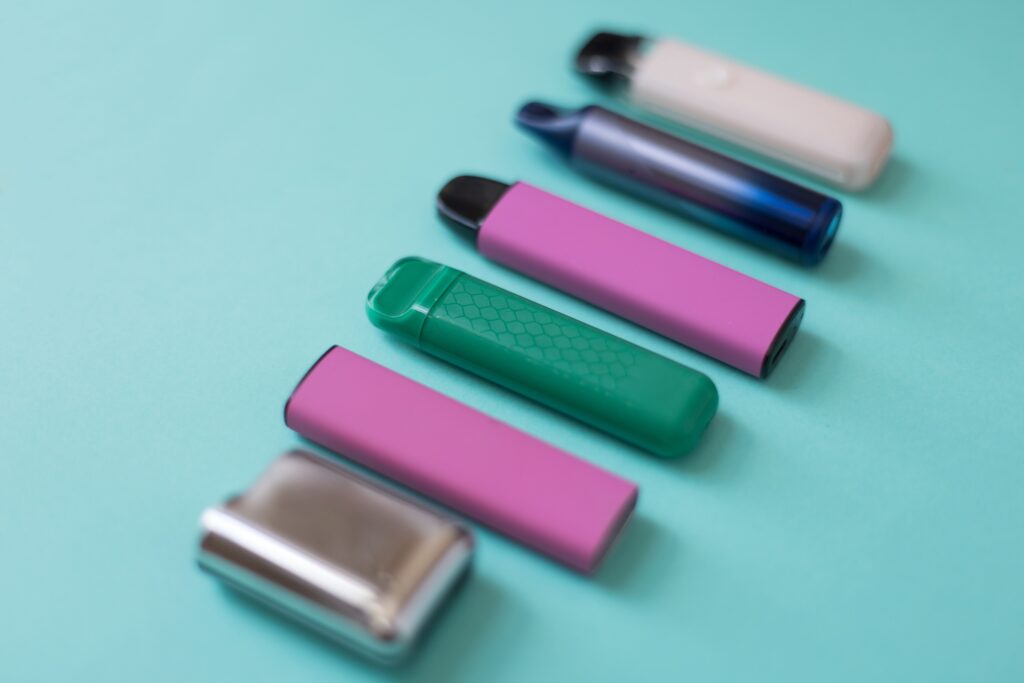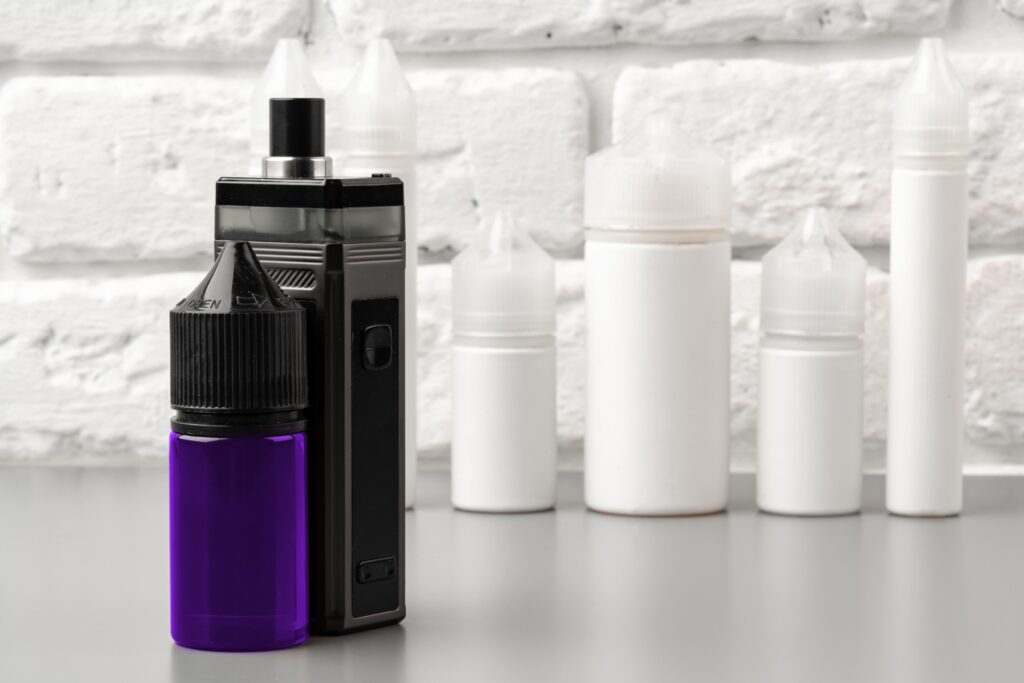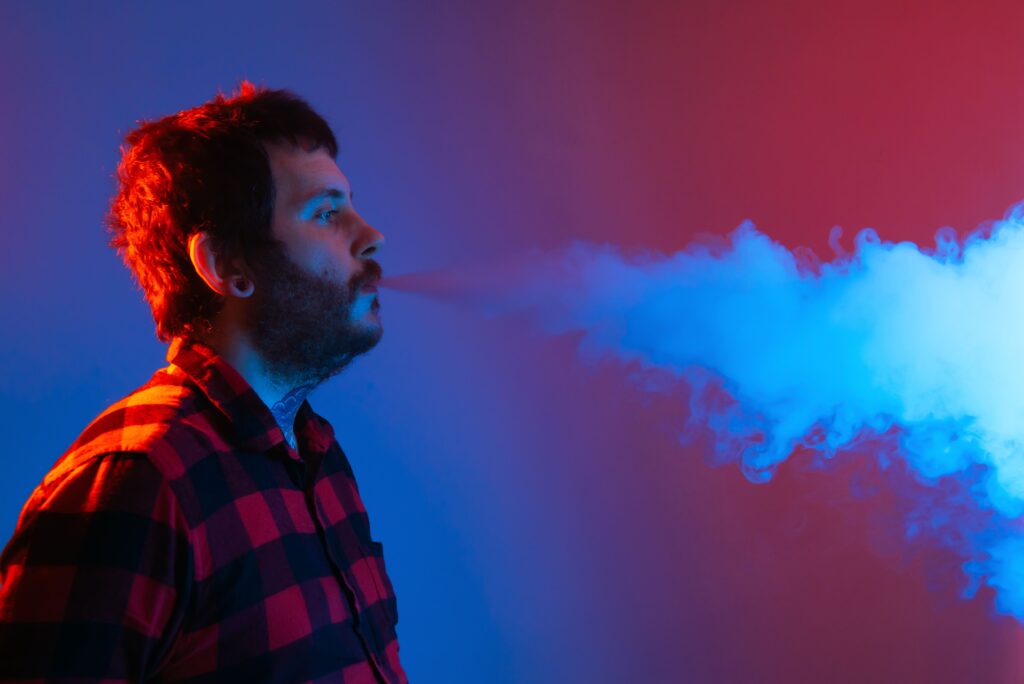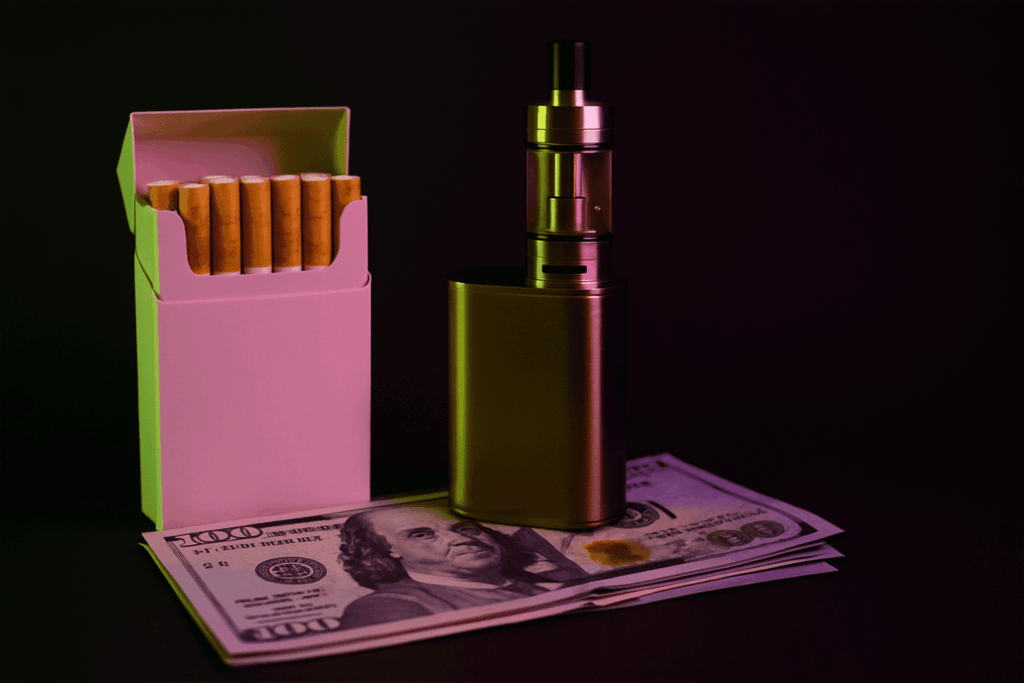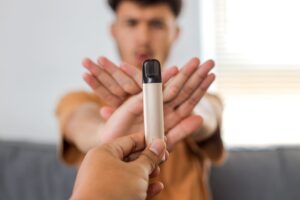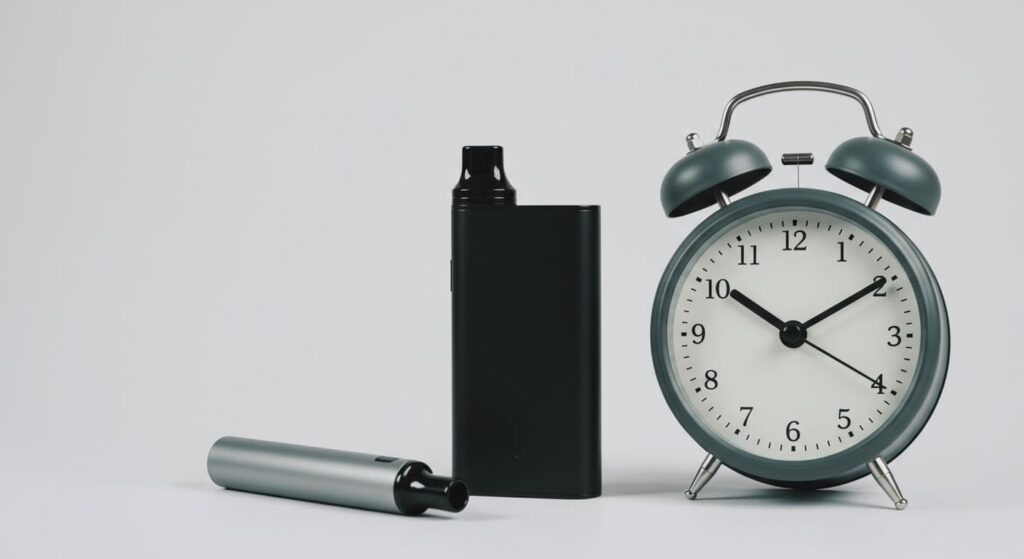Vaping Laws in Canada: Are Vapes Legal Across All Provinces?

Vaping in Canada: a country-wide overview of the legal landscape. If you’ve ever wondered about the ins and outs of vaping laws in the Great White North, you’re in the right place. Yes, vaping is legal in Canada, but there’s a catch.
The government has laid down a series of strict regulations under the Tobacco and Vaping Products Act to ensure public health, especially among the youth, is protected. From coast to coast, the legal age for purchasing vaping products wavers between 18 and 19, with a notable exception in Prince Edward Island where it’s 21. But that’s just the tip of the iceberg.
Each province has its own set of rules, ranging from flavor bans to advertising restrictions, aimed at curbing the appeal of vaping to younger Canadians. Dive into this comprehensive guide to understand how Canada balances the fine line between offering adults a smoking cessation tool and protecting its younger population from the potential harms of vaping.
Are Vapes Legal in Canada?
In Canada, vapes are legal, but their sale and use are strictly regulated under the Tobacco and Vaping Products Act (TVPA). This legislation is primarily aimed at protecting public health, with a special focus on safeguarding young Canadians. The regulations are subject to adjustments based on ongoing assessments to safeguard public health.
Federal Regulations Overview
In Canada, the Tobacco and Vaping Products Act (TVPA) provides the legal framework for regulating vaping products, with a primary focus on protecting public health, particularly among youth. The act outlines comprehensive rules for the marketing, labeling, and sale of vaping products, aiming to mitigate their appeal to younger demographics and ensure responsible consumption.
Minimum Age is 18 or 19
A pivotal element of the TVPA’s regulatory framework is the stipulation of a minimum legal age for the purchase of vaping products. This age is set at either 18 or 19 years old, varying in accordance with the laws of each province or territory. This measure serves to limit the accessibility of vaping products to teenagers, thereby aiming to curb the initiation of vaping among this age group.
By setting these age restrictions, the TVPA seeks to balance the potential benefits of vaping for adult smokers looking for cessation tools against the need to protect young Canadians from the risks associated with early vaping. This nuanced approach underscores Canada’s commitment to upholding public health while recognising the complex landscape of tobacco and nicotine use.
Vaping Laws by Province
In Canada, vaping regulations vary significantly across provinces and territories, reflecting a diverse approach to balancing public health concerns with the realities of smoking cessation. Each region has the autonomy to set its own legal age for the purchase of vaping products, typically 18 or 19, except for Prince Edward Island, where the minimum age is 21. This provincial discretion allows for public health strategies that are tailored to the specific needs and concerns of each region’s population, illustrating a nuanced approach to managing the complex landscape of vaping and tobacco use.
Ontario: 19 and Restrictions on Use
In Ontario, individuals must be 19 to legally purchase vaping products. The province enforces restrictions on vaping use in public areas to minimise exposure.
Quebec: 18, with Flavor and Advertising Limits
Quebec has set the legal age for vaping at 18, implementing strict limits on both the flavors and advertising of vaping products to deter youth interest.
British Columbia: 19, Plus Product Display Restrictions
British Columbia requires a minimum age of 19 for vaping purchases and places restrictions on how vaping products can be displayed in retail settings.
Alberta: 18, Fewest Restrictions
With a legal vaping age of 18, Alberta is recognised for having the fewest restrictions, offering greater leniency in terms of product use and sales.
Manitoba: 18, Restrictions on Sales and Advertising
Manitoba establishes an 18 year age requirement for vaping, with regulations on sales and advertising that align with broader efforts to regulate vaping visibility and appeal.
Saskatchewan: 18, Similar to Manitoba
Saskatchewan also mandates a legal vaping age of 18, with sales and advertising restrictions mirroring those found in Manitoba.
Nova Scotia: 19, Bans Flavored Vapes
Nova Scotia, requiring individuals to be 19 to purchase vaping products, prohibits the sale of flavored vapes, aiming to reduce their attractiveness to younger users.
New Brunswick: 19, Regulations on Sales and Use
In New Brunswick, the legal age for vaping is 19. The province has set regulations on both the sale and use of vaping products in public venues.
Prince Edward Island: 21, Highest Age Limit
Prince Edward Island enforces the highest legal vaping age in Canada at 21, reflecting a stringent stance on vaping regulation.
Newfoundland and Labrador: 19, Includes Use Restrictions
With a legal vaping age of 19, Newfoundland and Labrador include specific use restrictions to control where vaping can occur.
Yukon: 19, Regulations Align with Federal
Yukon sets the vaping age at 19, with its regulations closely aligning with federal standards, ensuring a consistent approach to vaping regulation.
Northwest Territories: 19, Similar to Yukon
The Northwest Territories also have a legal vaping age of 19, with regulations similar to Yukon, including adherence to federal guidelines.
Nunavut: 19, Strict Advertising and Sales Laws
Nunavut requires individuals to be 19 to buy vaping products and enforces strict laws on advertising and sales, prioritising public health.
Penalties for Law Violations
Violations of vaping laws in Canada carry significant penalties to ensure compliance and safeguard public health. These measures highlight the critical importance of following vaping regulations and act as a strong deterrent against non-compliant behaviors in the sale and promotion of vaping products.
Fines for Individuals and Retailers
Fines serve as a primary penalty for individuals and retailers found in violation of vaping regulations. These financial penalties are tiered to match the severity of the infraction, acting as both a punishment and a deterrent to ensure compliance with the law.
Potential Business License Revocation
Businesses facing repeated violations risk revocation of their business license, a measure that underscores the critical importance of adherence to vaping regulations. This potential consequence highlights the necessity for businesses to operate within the legal framework, emphasising that continued non-compliance can result in losing the ability to sell vaping products altogether.
Comparison with International Laws
When examining Canada’s approach to vaping regulations in comparison with international laws, distinctions become evident, particularly regarding strictness and age restrictions. This juxtaposition underscores Canada’s commitment to a balanced regulatory approach: safeguarding youth while recognising vaping’s potential role in smoking cessation efforts.
Stricter than the US in Some Provinces
Canada’s approach to vaping legislation is stricter in certain provinces compared to the regulatory environment in the United States. This demonstrates Canada’s commitment to public health and its efforts to reduce vaping’s attractiveness to younger populations.
Similar Age Restrictions to the EU
The age restrictions for purchasing vaping products in Canada are similar to those in the European Union, where the legal age is generally 18. This parallel reflects a common international stance on the age at which individuals can be considered responsible enough to make decisions regarding vaping.
Navigating Canada’s Vaping Landscape
Vaping is legal across Canada, but each province enforces its own specific regulations, including age limits, advertising, and flavour bans. While the federal Tobacco and Vaping Products Act sets the foundation, local laws fine-tune how vaping is accessed and promoted, especially to protect youth. Understanding these regional differences is key to staying compliant and making informed choices as a vaper in Canada.
At Majestic Vapes, we stay up to date on vaping laws across Canada to ensure our customers shop confidently and responsibly. Reach out to us today for expert advice or visit in-store to explore legal, high-quality vape products tailored to your needs.

